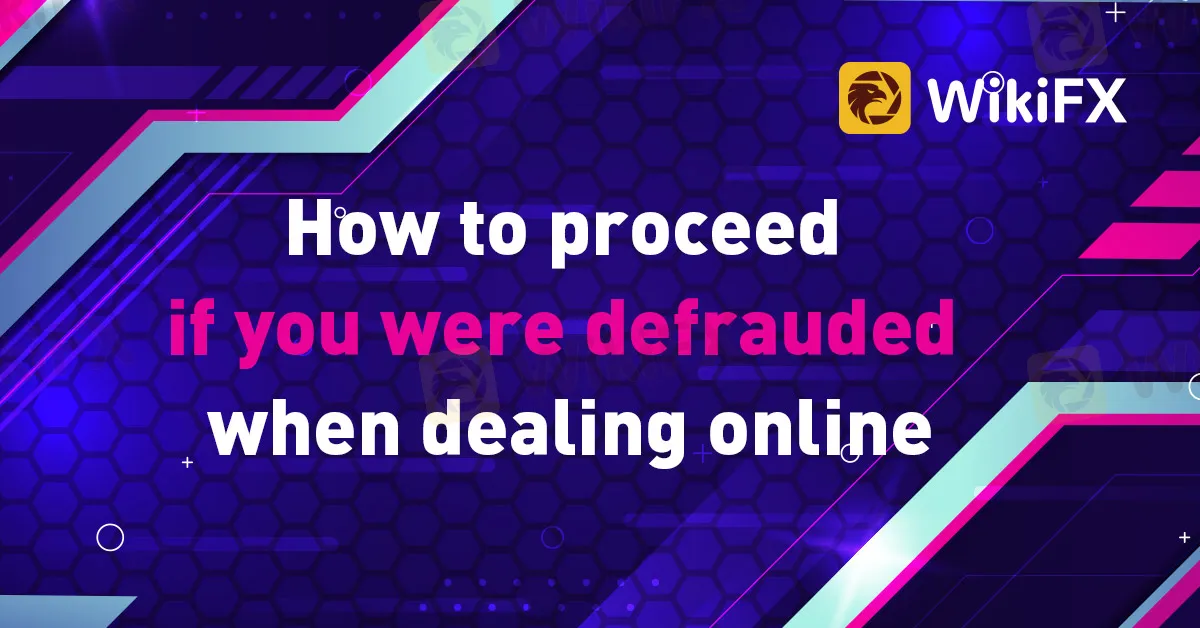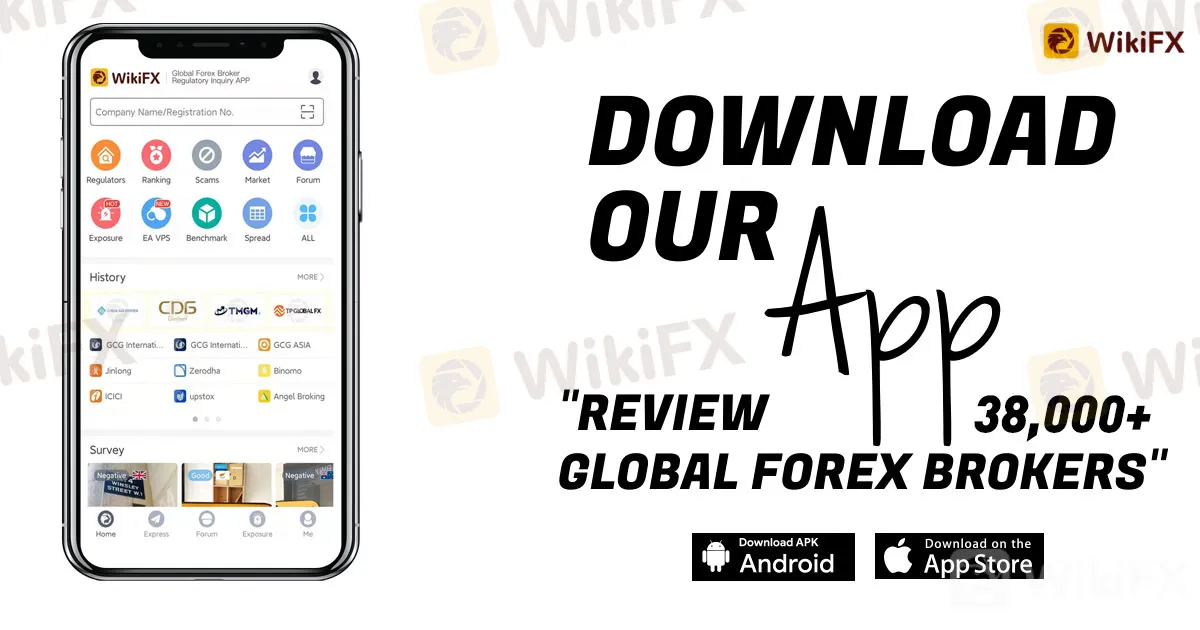简体中文
繁體中文
English
Pусский
日本語
ภาษาไทย
Tiếng Việt
Bahasa Indonesia
Español
हिन्दी
Filippiiniläinen
Français
Deutsch
Português
Türkçe
한국어
العربية
How to proceed if you were defrauded when dealing online
Abstract:Over 190,000 internet merchants operate in South Africa, and this figure is rising quickly. Today, the majority of individuals view trading as a way to make quick money and are unaware of the complex techniques used by internet fraudsters to con others. No trader like the idea of getting conned, but it's a risk they take, so they need to be prepared in case it ever happens when they're trading online.

Over 190,000 internet merchants operate in South Africa, and this figure is rising quickly. Today, the majority of individuals view trading as a way to make quick money and are unaware of the complex techniques used by internet fraudsters to con others. No trader like the idea of getting conned, but it's a risk they take, so they need to be prepared in case it ever happens when they're trading online.
Many people have previously fallen victim to fraud, and the majority of them are highly educated people. Some of them choose not to disclose the scam for a variety of reasons, including the small amount they lost, the belief that it would not make a difference, the desire to forget it ever occurred, being too humiliated to confess they were duped, and not knowing which authority to complain to.
It's not a good idea to do nothing after being conned since the con artist could continue to defraud people and harass you again. When you report a fraud, the identity of the perpetrator is placed to a database and watch list maintained by numerous cooperating law enforcement authorities.
Law enforcement will handle the issue more urgently if there are many complaints about the same con artist. If you ever discover that you have been defrauded when trading online, the first thing you should do is safeguard your account and halt any future money losses. After that, you should denounce the scam and take steps to get your money back.
Protecting your account after being conned
Block all payment cards: If you have given a fraudster access to your credit or debit card information, you should immediately block the cards by calling your bank's hotline. For banning debit cards from being used on your phone, several banks offer USSD codes. A card can be blocked, then a new one requested.
Some banks provide virtual cards that can only be used for online purchases. You only transfer the necessary amount to the virtual card from your primary account before making a purchase. This restricts any loss to the value of the virtual card alone.
Contact your bank right away to deactivate your account and put all of the money in it in suspense if you have reason to think the con artist has accessed your bank account and has made unlawful withdrawals. You might call banks' USSD codes for account deactivation from your mobile device.
A stronger password should be used for your trading account and any other credentials that have been obtained after a fraud. Always use alphanumeric characters and unusual characters in your passwords.
Change your trading account password on any other apps you may have used, since fraudsters may attempt it elsewhere if they suspect you are using it.
Amass your proof: You should keep safe any receipts and correspondence between you and the con artist so that you may use them as proof. The receipts will be offered to law enforcement when you press for fund recovery in order to expedite the process.

Disclaimer:
The views in this article only represent the author's personal views, and do not constitute investment advice on this platform. This platform does not guarantee the accuracy, completeness and timeliness of the information in the article, and will not be liable for any loss caused by the use of or reliance on the information in the article.
Read more

The Impact of Interest Rate Decisions on the Forex Market
Interest rate changes determine currency attractiveness, influencing capital flows and exchange rate trends. Understanding this mechanism helps investors navigate the forex market effectively.

How a Housewife Lost RM288,235 in a Facebook Investment Scam
A 47-year-old housewife in Malaysia recently fell victim to an online investment scam, losing a substantial sum of RM288,235 after engaging with a fraudulent scheme advertised on Facebook.

Interactive Brokers Launches Forecast Contracts in Canada for Market Predictions
Interactive Brokers introduces Forecast Contracts in Canada, enabling investors to trade on economic, political, and climate outcomes. Manage risk with ease.

Bank Negara Malaysia Flags 12 New Companies for Unauthorised Activity
Bank Negara Malaysia (BNM) has updated its Financial Consumer Alert List (FCA List) by adding 12 more entities, reinforcing its efforts to warn the public against unregulated financial schemes. Check if your broker made the list!
WikiFX Broker
Latest News
TradingView Brings Live Market Charts to Telegram Users with New Mini App
Trump tariffs: How will India navigate a world on the brink of a trade war?
Interactive Brokers Launches Forecast Contracts in Canada for Market Predictions
Authorities Alert: MAS Impersonation Scam Hits Singapore
Stocks fall again as Trump tariff jitters continue
INFINOX Partners with Acelerador Racing for Porsche Cup Brazil 2025
Regulatory Failures Lead to $150,000 Fine for Thurston Springer
April Forex Trends: EUR/USD, GBP/USD, USD/JPY, AUD/USD, USD/CAD Insights
March Oil Production Declines: How Is the Market Reacting?
Georgia Man Charged in Danbury Kidnapping and Crypto Extortion Plot
Currency Calculator







